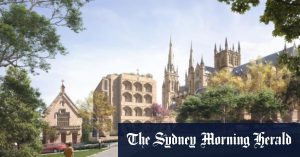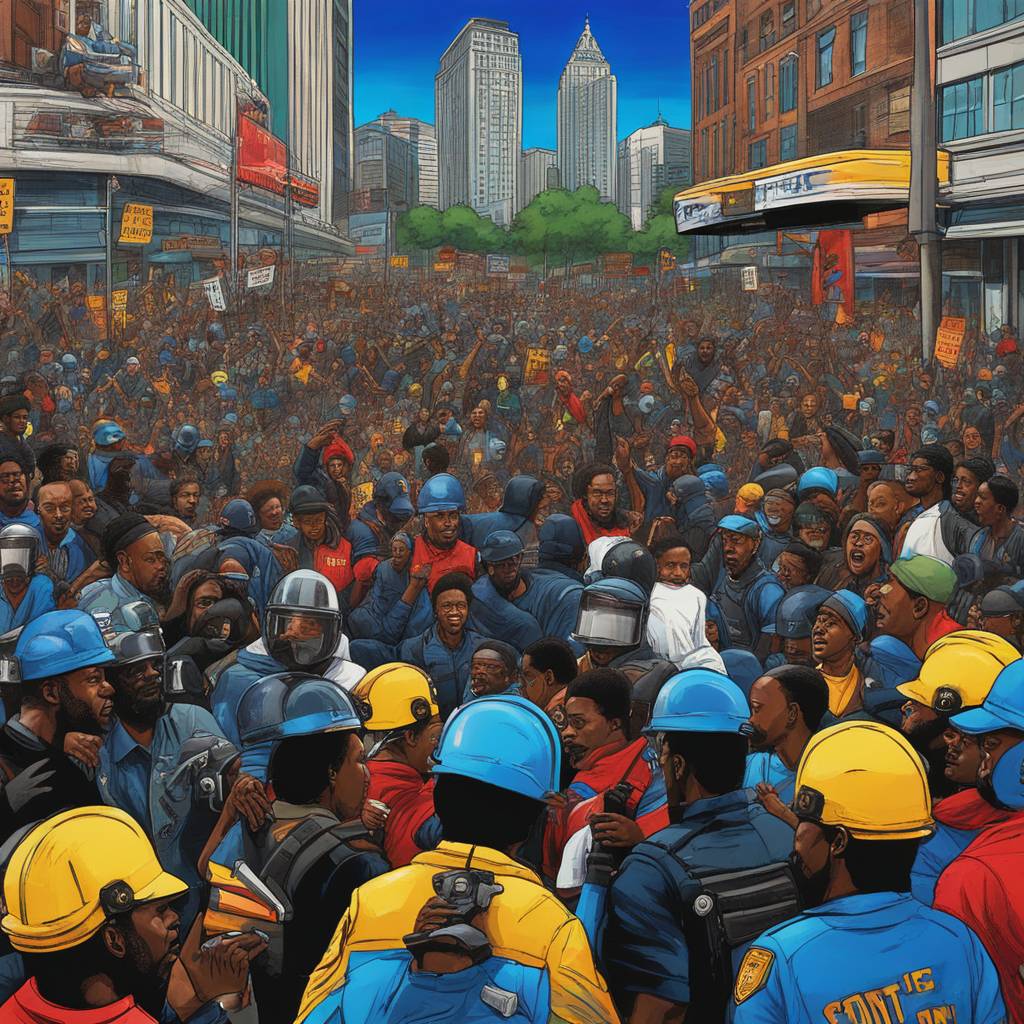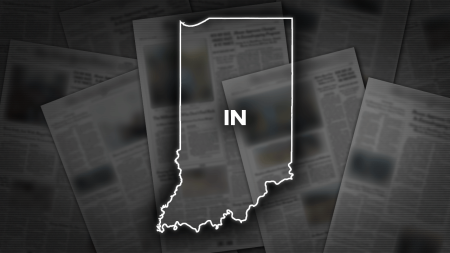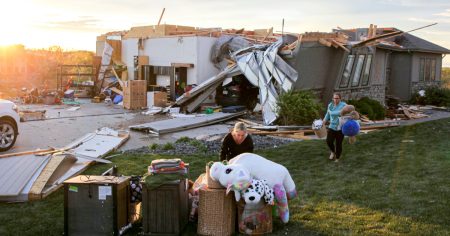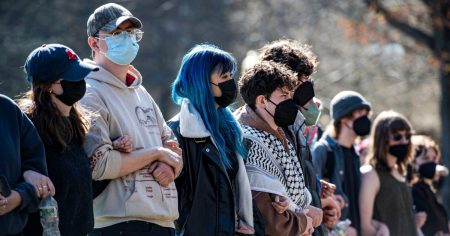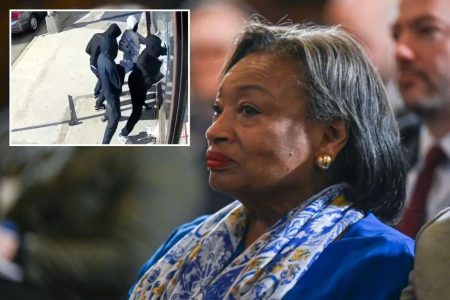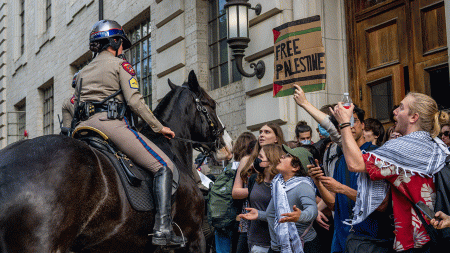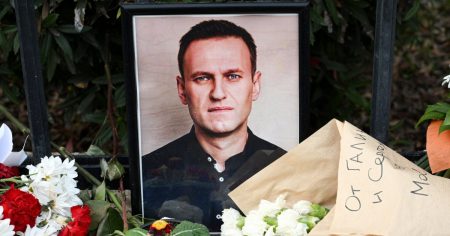Two activists who scaled a tower crane at the construction site of a police and firefighter training facility dubbed “Cop City” in Atlanta were removed by police and rescue crews. The activists, referred to as “anarchists” by Atlanta police, had duct-taped their hands around the metal bars of the crane as they protested the construction of the facility in a poor, majority Black area. The police body camera footage showed the officers trying to talk the protesters down while people on the ground chanted words of support. The officers warned the activists of the dangers of falling and eventually cut them free from the structure.
Protests against the construction of the Atlanta Public Safety Training Center, which has been ongoing for more than two years, have drawn criticism and resistance from various groups in the community. Some opponents fear that the facility will lead to police militarization and worsen environmental damage in the South River Forest area. Prosecutors have labeled the protest movement as a conspiracy and have accused some activists of committing underlying crimes, including possessing fire accelerants and throwing Molotov cocktails at police officers. Despite opposition, Atlanta officials and other supporters argue that the $90 million facility will provide much-needed training for police officers and help recruit and retain law enforcement personnel.
The police intervention in removing the activists from the tower crane highlights the ongoing tensions surrounding the construction of “Cop City.” The activists’ dramatic protest reflects the deep-seated concerns about the implications of establishing a police and firefighter training center in a disadvantaged community. The decision to label the protesters as “anarchists” and the subsequent legal actions taken against them illustrate the polarized viewpoints on the issue. While opponents see the facility as a symbol of oppressive law enforcement practices, supporters view it as a necessary investment in public safety infrastructure.
The clash between protesters and police at the construction site underscores the broader debates about policing and community relations in Atlanta and across the country. The demonstrations against “Cop City” reflect a larger movement challenging the status quo and pushing for accountability and transparency in law enforcement practices. The concerns raised by activists about the potential impact of the training center on police conduct and environmental justice highlight the intersectionality of social justice issues in marginalized communities. The ongoing resistance against the facility serves as a reminder of the power dynamics at play in shaping public safety policies and infrastructure projects.
The incident involving the removal of the activists from the tower crane is emblematic of the ongoing struggles for justice and equity in Atlanta’s communities. The resilience and determination of those who oppose “Cop City” demonstrate the enduring commitment to challenging systems of oppression and advocating for transformative change. The confrontation between protesters and law enforcement reflects the complex and often fraught relationships between marginalized communities and the institutions meant to serve and protect them. As the debate over the construction of the training facility continues, it remains a focal point for addressing larger issues of racial justice, police accountability, and environmental sustainability in Atlanta and beyond.
In conclusion, the protest at the construction site of the Atlanta Public Safety Training Center highlights the deep-seated concerns and tensions surrounding the establishment of “Cop City.” The clash between activists and law enforcement illuminates the complexities of community activism, police response, and public policy decision-making. The ongoing resistance against the facility underscores the need for critical dialogue, engagement, and advocacy in addressing issues of police militarization, environmental justice, and community empowerment. As the debate over “Cop City” continues, it serves as a rallying point for broader discussions on social justice, racial equity, and the future of public safety in Atlanta and beyond.
